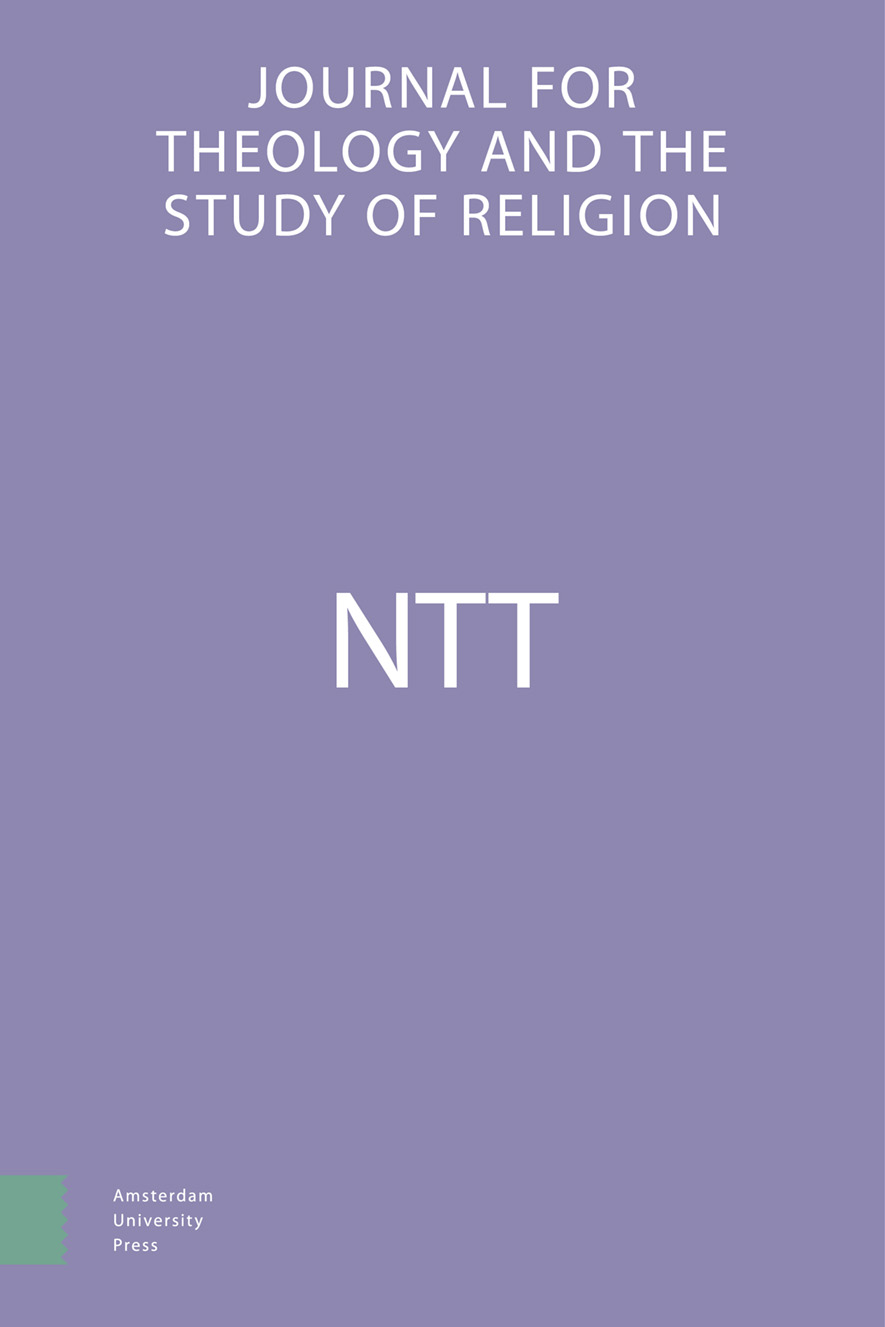-
oa Sultan Ismaël en de nakomelingen van de Profeet Mohammed
Religie en Realpolitik in Marokko rond het jaar 1700
1Dieslezing (Theologie) gehouden ter gelegenheid van de 82ste lustrumviering van de Leidse Universiteit op zaterdag 9 februari 1985.
- Amsterdam University Press
- Source: NTT Journal for Theology and the Study of Religion, Volume 40, Issue 1, Jan 1986, p. 1 - 13
-
- 01 Jan 1986
- Previous Article
- Table of Contents
- Next Article
Abstract
It may be concluded from the foregoing discussion that the sharîf-ship was of fundamental importance to Sultan Ismael’s princely office. His descent from the Prophet was an important factor in his political-religious legitimation. As regards his subjects’ sharîf -ship, Sultan Ismael fulfilled his duty as an Islamic ruler, treating the shurafâ’ with respect and favoring them as long as he was certain of their loyal support, their legitimation of his regime with their prestige and influence. Sultan Ismael showed himself to be a Realpolitiker in his relationship with the shurafâ’ when he registered them and concentrated their leaders in his capitals or his armies, measures which enabled him to keep them under control as much as possible. The descendant of the Prophet who did not observe the Sultan’s rules of play was subject to the same fate as any random subject who had fallen from grace with his prince.


